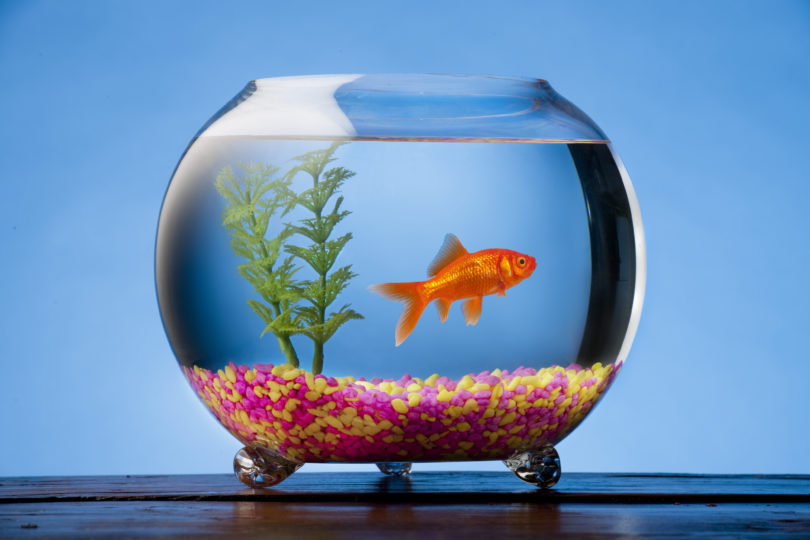It seems like every time you open a newspaper these days, there’s some new funky THC fact or a cutting-edge product on the market. Is THC for fish the next hot ticket item?
CBD for your pets is a huge thing. Dog and Cat owners have new ways to take care of their pets, with CBD products. However, when it comes to THC pet products, owners are advised to step back and avoid it completely. However, now we might be looking at THC pellets for fish… we kid you not. These were given to some rather unsuspecting Nile Tilapia by scientists from the American University of Beirut. They wanted to check whether giving the fish cannabis would relax them as they share ever more confined spaces underwater.
The report, from the Hakai Magazine, confirmed that the scientists had the idea that giving the fish pellets laced with cannabis oil would relax them, and hopefully cause them to grow faster and bigger. Their hope was that the active ingredient in cannabis, THC, might lower cases of “intraspecific interactions”, which is the technical term for fish bullying at fish farms.
The lead author of the study, Patrick Saoud, was having issues getting his hands on cannabis, especially as possession of it in Lebanon carries a potential jail sentence. So desperate was he to test his theory about cannabis and fish, that Saoud called Lebanon’s attorney general to ask his advice.
Before long, authorities were able to provide Saoud with all the cannabis oil he needed to make his pellets with, which they simply liberated from police evidence lockers somewhere in Beirut.
However, after all that hard work and effort, the results of the impromptu study were less than impressive, and wholly underwhelming. The fish who ate the THC pellets grew and lived the same as all the other fish.
The only piece of good news was that the pellets clearly sped up the metabolism of the fish who ate them. Basically a case of “fish munchies.” But even that finding doesn’t bode well for fish farmers as the more munchies the fish have, the more food they will eat, and that costs the farmer in his pocket.
For now, researchers are staying well away from cannabis pellets and are not, for the time being, feeding them to fish. Lest they eat the fish farmers out of all their profits. Whether or not a CBD pellet experiment is worthwhile is anyone’s guess. But if there is, watch this space for more information.







